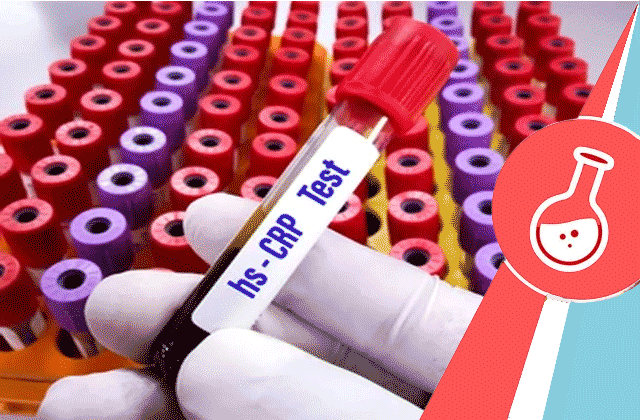You received your hs-CRP blood test results but still need help determining if you have antibodies in the normal range. Read this section to understand how to go about your antibody diagnoses with your healthcare professional.
What Do hs-CRP Test Results Mean?
Here are some possible interpretations of the hs-CRP test results:
- If your hs-CRP levels are less than 1.0 milligrams per liter (mg/L), it generally means that you have a low risk of developing cardiovascular disease. However, this does not guarantee that you won't develop heart disease in the future.
- If your hs-CRP levels are between 1.0 and 3.0 mg/L, it may indicate an intermediate risk of developing cardiovascular disease. Your doctor may recommend further testing or lifestyle changes to help reduce your risk.
- If your hs-CRP levels are greater than 3.0 mg/L, it may indicate a high risk of developing cardiovascular disease. Your doctor may recommend further testing or treatment to help reduce your risk.
What Is hs-CRP Normal Range?
The hs-CRP test normal range is typically less than 1.0 milligrams per liter (mg/L). If your hs-CRP levels fall within this range, it generally means that you have a low risk of developing cardiovascular disease.
However, it's important to note that the normal range may vary slightly depending on the laboratory that performs the test and other factors such as age, gender, and overall health status. Your doctor will interpret your results and provide more information about what they mean for your health.
What Medical Conditions Can Cause High hs-CRP Levels?
Here are some possible medical conditions that can cause high hs-CRP levels:
- Inflammation: hs-CRP levels can be elevated due to inflammation from various sources, such as infections, injuries, or autoimmune disorders. For example, conditions like rheumatoid arthritis, lupus, or inflammatory bowel disease may cause inflammation and lead to high hs-CRP levels.
- Cardiovascular disease: hs-CRP levels can be used as a marker of arterial inflammation, associated with an increased risk of developing cardiovascular disease. Conditions like coronary artery disease, atherosclerosis, or peripheral artery disease may cause inflammation and lead to high hs-CRP levels.
- Cancer: Certain types of cancer, such as lymphoma, leukemia, or multiple myeloma, can cause inflammation and lead to high hs-CRP levels.
- Chronic obstructive pulmonary disease (COPD): COPD is a type of lung disease that can cause inflammation and lead to high hs-CRP levels
- Kidney disease: Chronic Kidney disease can cause inflammation and lead to high hs-CRP levels
- Obesity: Obesity is associated with chronic low-grade inflammation, which can lead to high hs-CRP levels.
- Other factors: hs-CRP levels can also be affected by other factors such as smoking, stress, and certain medications. Your doctor will interpret your results and consider other factors to diagnose accurately.
What Medical Conditions Can Cause Low hs-CRP Levels?
While high hs-CRP levels are associated with several medical conditions, no specific medical conditions can cause low hs-CRP levels. However, it's important to note that a low hs-CRP level does not necessarily mean a person is healthy or free from medical conditions.






























